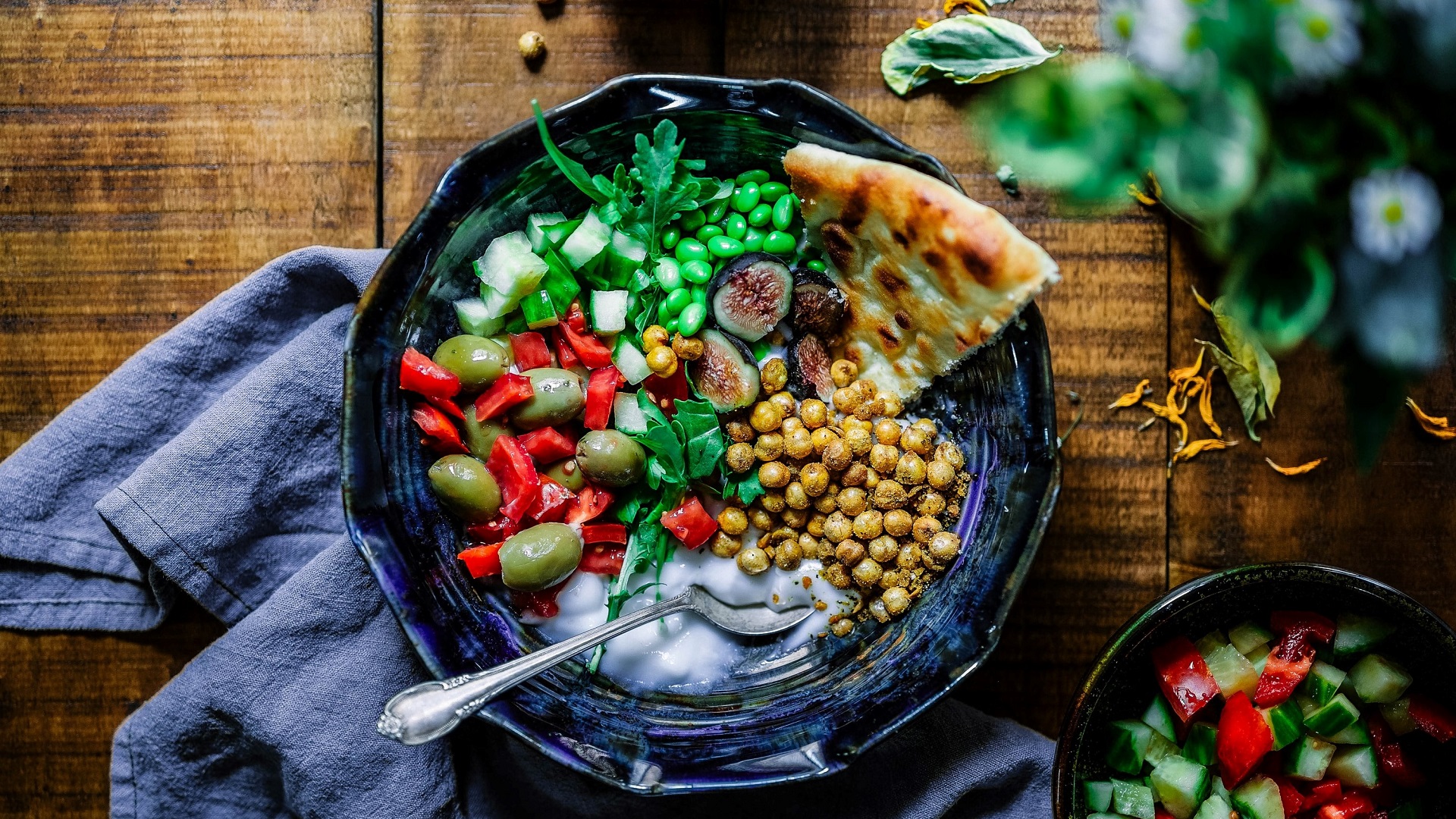
Appetite, food intake and weight management when living with cancer and in cancer survivors. Why do they matter? And how to avoid excessive weight loss or gain after cancer?
Nutrition is a crucial, yet often neglected, part of cancer prevention, treatment support and rehabilitation. Informed lifestyle choices are pivotal to improve long-term outcomes of cancer patients, and the European Commission even included nutrition in its Beating Cancer Plan published in February 2021.
However, improving dietary patterns is challenging for cancer survivors for many reasons, but when researching diet options, they frequently encounter misinformation instead of a personalized, balanced dietary approach. Solutions like meal planning by a nutritionist or appetite stimulation by food selection are on the rise, as cancer care takes a holistic turn.
Appetite, food intake and weight maintenance all play a critical role in cancer survivorship. Actually, healthy eating behaviour and lifestyle are essential not only for cancer patients and survivors, but also to prevent cancer. At last, different fields of study are coming together to face the same issue. Diet is acquiring a new relevance for cancer patients, combining medical therapy and healthy lifestyle. While research finds new ways to tackle the matter, adopting life-changing habits can be crucial.
In our blog, we post the latest news related to cancer care from different perspectives. The articles below, in particular, explore why appetite, nutrition and weight maintenance are relevant to cancer survivors. They dwell on the importance of diet both in preventing and living with cancer and provide some practical tips.


